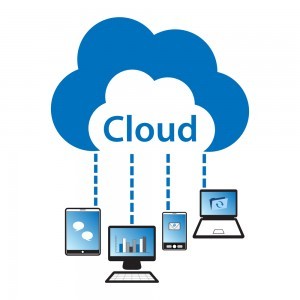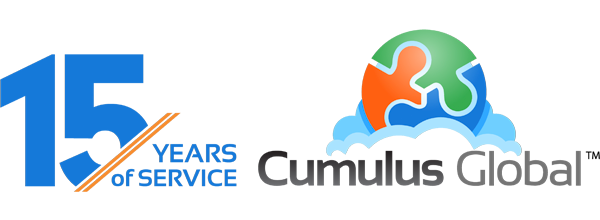Buy, Lease, DaaS, or BYOD?: Which Option is Right for Your Business
 As we noted in our last blog post, Moving Cloud Gets Real, small and midsize businesses like yours are reaching the tipping point where cloud solutions outweigh those running on-site. When this happens, you need to decide if/when you move your remaining on-premise systems to cloud infrastructure. As you do, you face the question about what to do with your end user devices, and more specifically, if leasing vs buying business equipment makes more sense.
As we noted in our last blog post, Moving Cloud Gets Real, small and midsize businesses like yours are reaching the tipping point where cloud solutions outweigh those running on-site. When this happens, you need to decide if/when you move your remaining on-premise systems to cloud infrastructure. As you do, you face the question about what to do with your end user devices, and more specifically, if leasing vs buying business equipment makes more sense.
Leasing vs Buying Business Equipment
Not Just a Desktop Computer Anymore
End user devices are no longer limited to the desktop/laptop purchased by the company. Most of your employees are regularly using personal smartphones, tablets, and other devices to conduct business — your business.
Four Options for Devices
When deciding on leasing vs buying business equipment and what devices your team will use, you have four options:
2. Buy
Purchase devices and provide them to employees, creating a company asset. Buy also includes finance leasing with the “$1 buyout” that gives you ownership of the device at the end of the lease.
2. Lease
Use a lease to pay for only the fair market value of the devices, returning and refreshing them with new models at the end of the lease.
3. BYOD
Allow users to buy and use the device they choose. They own the device, but use it for work, exclusively or non-exclusively.
4. Device-as-a-Service (DaaS)
Device-as-a-Service, or DaaS, is similar to a lease in that you pay monthly per device. DaaS differs from a lease in that you can, within guidelines, adjust the number of devices up or down, swap out devices for newer models, and replace damaged devices without penalties during the term of the contract. Many DaaS services include malware protection, support, and other services in the monthly fee.
Unless you are buying your staff all of the devices, they use, you already have some mix of “buy” and “bring your own device” (“BYOD”). For many businesses past the cloud tipping point, DaaS and BYOD become the best solutions. DaaS and BYOD let you equip your team with the tools that empower their productivity while maintaining cost controls.
Regardless of Weather You’re Buying or Leasing Business Equipment, You Own the Data
Whether you own your users’ devices or not, you own the data and are responsible for security and privacy. You need to ensure you have policies and systems in place to secure, manage, and protect your company’s data. This means installing mobile device management and data protection and security tools on devices used for business, even if they are owned by an employee. Failure to do so leaves your exposed to data loss and breaches, and the civil and criminal penalties that can result.
Fortunately, policies need to be complex or difficult to enact. Providing data protection to mobile devices (smartphones, tablets, and — yes — laptops) has benefits for your employees as well. The key is to ensure that your policies and the support technologies are aligned.
Reach Out for a Consultation About Leasing vs Buying Business Equipment
Now is the time to discuss your device strategy and how you are, or will, protect user devices and the company data on those devices. Contact us for a free Cloud Advisor session to discuss options, opportunities, and managed cloud services.


